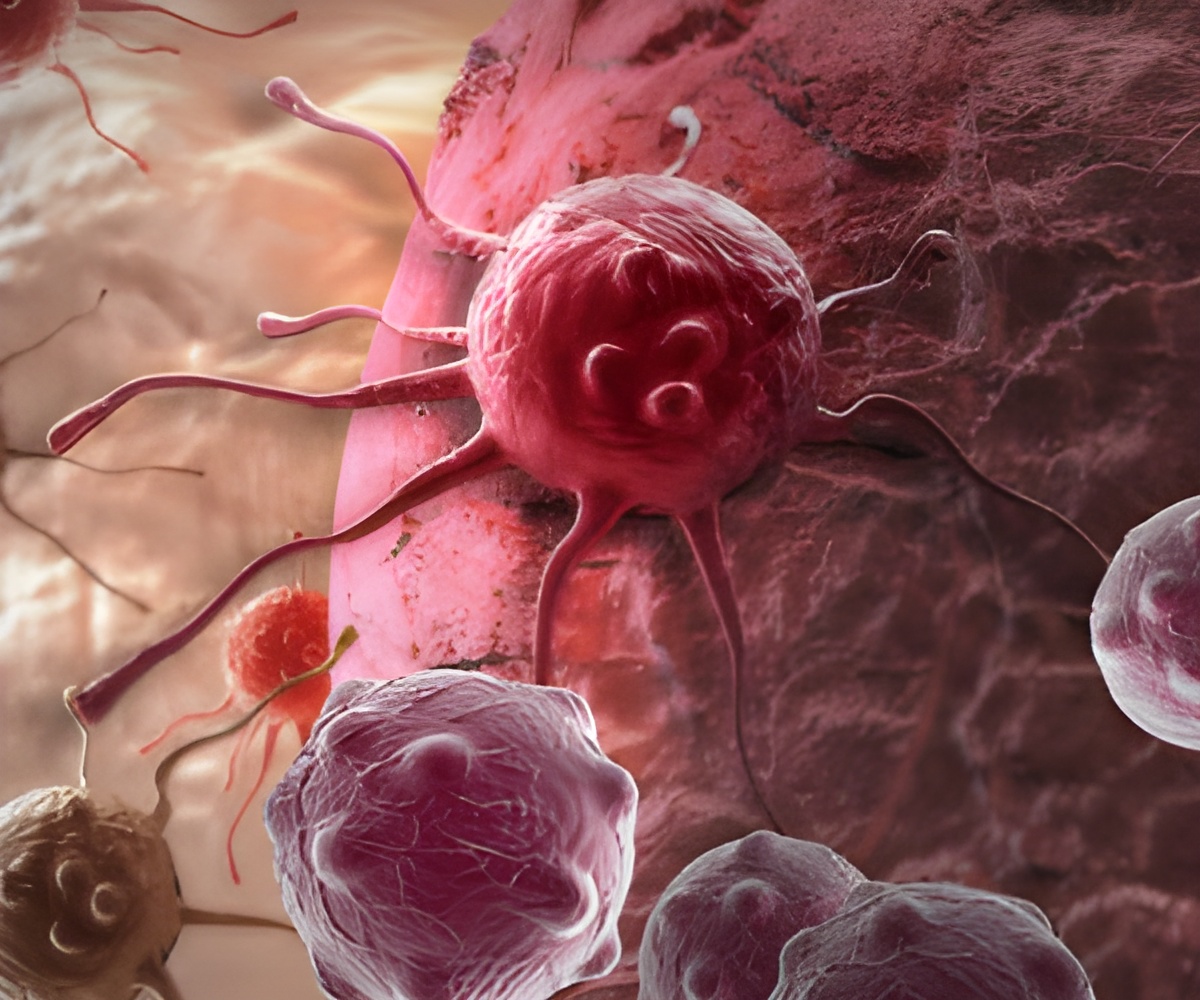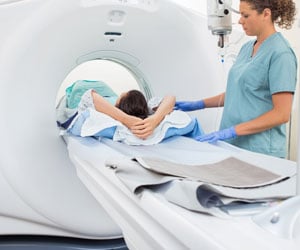During chemotherapy, when using certain drugs, the tumor cells are affected by toxic and oxidative stress, which stop their functioning. Gene allow cancer cells to resist drugs

‘Significant increase in expression of such genes substantially contributes to forming a high level of antioxidant defense under development of cancer cell resistance to pro-oxidant action of cisplatin.’





The authors study the biochemical mechanisms which allow tumor cells to develop resistance to antitumor drugs. During chemotherapy, when using certain drugs, the tumor cells are affected by toxic and oxidative stress, which stop their functioning. Sometime later, however, the cells "get used" to the drug action, which necessitates using stronger doses of the drug, which, in turn, negatively affects the patient's organism due to its toxic effect.To stop the development of drug resistance, researchers need to learn operating the expression (the process of transferring hereditary information from DNA) of genes that control the cell viability. Many mechanisms allow it, including the redox processes which regulate, in particular, the cell antioxidant defense, which protects the cell against oxidative stress so that it could function properly. Without those "defender genes", it would be far easier for drugs to kill cancer cells. The researchers hope that the process could eventually be controlled.
Some of these genes' expression changes happen when human ovarian cancer (SKOV-3) cells and human breast cancer (MCF-7) cells develop resistance to an antitumor drug, cisplatin. Antitumor action of cisplatin is achieved in no small part by its pro-oxidant effect, meaning that it uses oxidative stress to destroy cells.
"As a result of development of the drug resistance in cancer cells, it was observed an increase in the gene expression encoding isoforms of thioredoxin and peroxiredoxin, which play an important role in the antioxidant defense system and the redox-dependent signaling. Significant increase in expression of such genes substantially contributes to forming a high level of antioxidant defense under development of cancer cell resistance to pro-oxidant action of cisplatin.
Thus, the growth of expression of the Prx6 gene was observed in the resistant cells. The data obtained also points to a significant role of Prx1, Prx2 and Prx3 isoforms in the redox-dependent mechanisms of the resistance development of the cell lines", - Elena Kalinina, one of the article's authors, D.Sc., professor of T.T. Berezov Department of Biochemistry (RUDN University Institute of Medicine), told us.
Advertisement
"The results obtained significantly expand our fundamental knowledge of the sum total of molecular events in the mechanisms of death and formation of drug resistance for cancer cells and of the role redox-dependent systems in these processes" - Elena Kalinina concluded.
Advertisement
Source-Eurekalert














